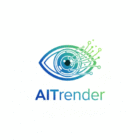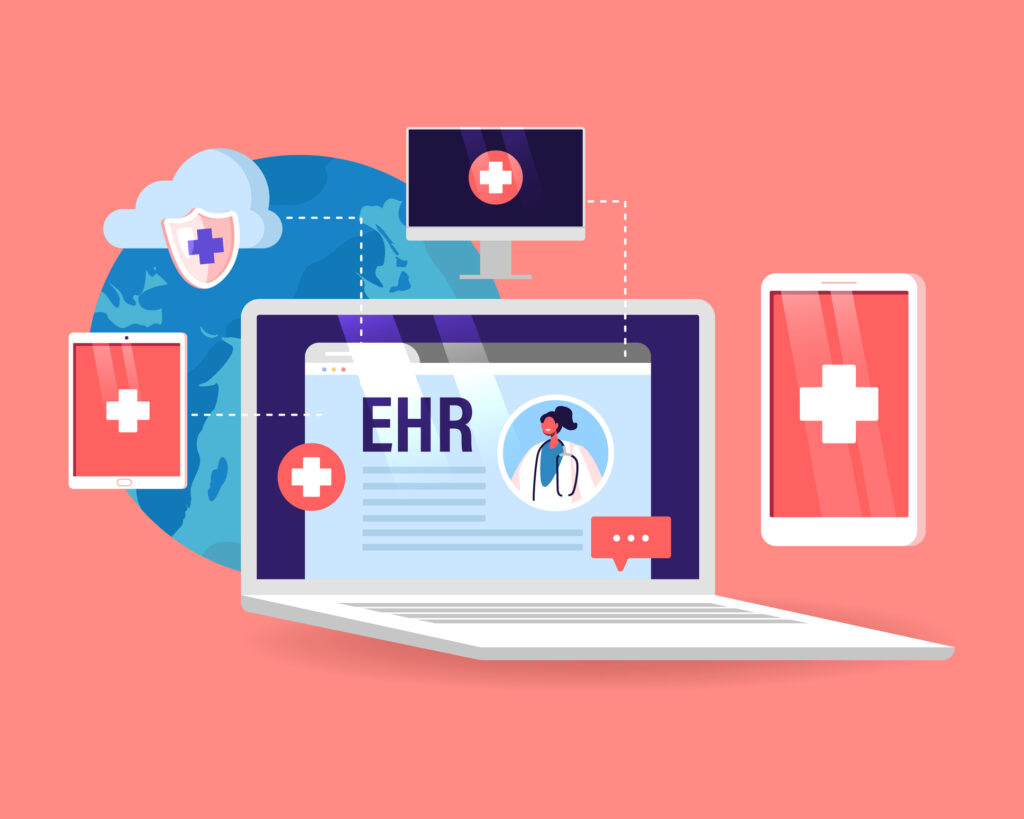In nowadays’s virtual global, organizations rely closely on specialists who can bridge technical tools with enterprise wishes. A technology solutions professional performs this important position. Whether or not you’re moving into this profession or refining your existing skills, this guide will help you understand what the role involves, what abilties are wanted, and a way to thrive.
- Definition: A generation solutions professional acts as a consultant, architect, and implementer—designing, choosing, deploying, and optimizing software program, hardware, or systems that meet business goals.
Key effects:
- Enhance efficiency
- Lessen charges
- Enhance person revel in
- Assist strategic growth
Core Responsibilities
Analysis & Planning
- Verify existing structures and strategies.
- Broaden requirement files: functional specifications, use cases.
- Pick out possibilities and areas for improvement.
Solution Design
- Architect an answer that meets needs.
- Draft technical diagrams: statistics glide, integration, security.
- Pick out platforms: cloud offerings, SaaS, on‑premise tools.
Implementation & Integration
- Manipulate task timelines and budgets.
- Work with companies, builders, and help teams.
- Make certain seamless integration with existing systems.
Testing & Quality Assurance
- Create take a look at plans and conduct device/consumer acceptance checks (UAT).
- Deal with bugs and overall performance troubles.
- Make certain compliance with protection, scalability, and compliance standards.
Training & Documentation
- Produce manuals, user publications, and training content.
- Train end-users and inner teams.
- Offer ongoing help and troubleshooting.
Continuous Improvement
- Display machine overall performance the usage of KPIs and analytics.
- Collect comments from stakeholders.
- Plan upgrades and fully leverage new features.
Key Skills and Traits
To excel in this function, a expert combines technical know-how with smooth skills:
Technical Skills
- Systems architecture
- Database and API integration
- Cloud structures (e.g., AWS, Azure, GCP)
- Network infrastructure fundamentals
Business Acumen
- Study P&L statements
- Understand fee–advantage analysis
- Translate tech into business value
Communication Skills
- Provide an explanation for complicated tech in plain language
- Run clear meetings and presentations
- prepare persuasive proposals
Project Management
- Time and useful resource planning
- Chance assessment
- Agile/SCRUM methodologies
Problem-Solving Attitude
- Thrive below constraints
- Provide innovative, scalable solutions
- Analyze and adapt hastily
Tools & Technologies Overview
The era stack evolves constantly. Key classes encompass:
Cloud platforms
Collaboration tools
- Microsoft 365, Google Workspace, Confluence, Jira
Integration Middleware
- Mulesoft, Dell Boomi, Apache Camel
Database Systems
- Square: PostgreSQL, MySQL
- NoSQL: MongoDB, DynamoDB
Security & Compliance
- OAuth, SAML, GDPR, ISO 27001
Reporting & Analytics
- Strength BI, Tableau, Looker
Step-by-Step Project Approach
Here’s a 7-step technique a generation answers professional would possibly observe:
Initiation & Discovery
- Conduct stakeholder interviews
- Make clear objectives and scope
Requirement Gathering
- Write user stories, technique diagrams, and KPIs
Design & Solution Blueprint
- Define tech architecture, integration points, dependencies
Vendor Selection (if applicable)
- Put up RFP, examine proposals, run pilots
Implementation
- Coordinate builders, set up environments, deploy
Testing & Quality
- Execute system, integration, and person acceptance assessments
Rollout & Support
- Offer person education, screen overall performance, refine
Common Challenges & Solutions
Changing Requirements
- Use Agile: common sprints, iterative transport
Integration Complexities
- Create specific mapping, build middleware adapters
User Resistance
- Involve users early, run pilot applications, offer hands-on training
Budget Constraints
- Develop phased rollout plans, negotiate dealer terms
Security Concerns
- Perform hazard modeling, put into effect non-stop monitoring
Tips to Succeed
Build strong stakeholder relationships
- Use everyday checkpoints and preserve them informed
Enjoy continuous learning
- Follow guides, webinars, workshops; tune rising trends
Network with peers
- Be part of professional communities and attend meetups
Keep documentation current
- Replace person publications with every alternate or new launch
Measure outcomes
- Music enhancements: time, price, performance benefits
FAQs
Q1: What differentiates a technology solutions professional from a developer or IT administrator?
A: They attention on aligning business desires with technical implementation. Developers write code; IT admins maintain systems strolling. Solutions specialists design, pick out, and integrate answers throughout departments.
Q2: Do I need coding experience to become one?
A: Coding information allows but isn’t always mandatory. You need to understand system good judgment, APIs, and records workflows. For palms‑on projects, studying scripting (e.g. Python) may be very useful.
Q3: Which certifications add the most value?
A: It depends on the technology stack:
- Cloud (AWS, Azure, GCP) for cloud-heavy roles
- PMP or PRINCE2 for polished challenge management
- ITIL for carrier-targeted agencies
Q4: Can I transition from a non‑tech background?
A: Sincerely! Many excel through:
- Mastering commercial enterprise analysis and venture basics
- Gaining certifications (e.g. CBAP, Agile)
- Shadowing technology groups or volunteering for tech-adjoining roles
Q5: What’s the average salary/market demand?
A: Call for is high across industries. Salaries vary with the aid of u . s . a . and area, however technology solutions experts usually earn above-common repayment, frequently with overall performance or mission of completion bonuses.
Conclusion
A profession as a technology solutions professional is each difficult and worthwhile. It gives:
- A blend of technical work and strategic questioning
- Possibilities across industries—from finance to healthcare
- Ongoing learning and profession progression
Whether you are beginning out or improving your cutting-edge function, attention on:
- Strengthening technical and commercial enterprise know-how
- Constructing strong communication and assignment abilties
- Staying agile, ingenious, and eager to analyze
In case you purpose to be the glue that aligns tech with commercial enterprise, that is the route for you. For further reading, discover licensed cloud applications, agile challenge management, or specialized structure bootcamps to enhance your skills and credibility.



